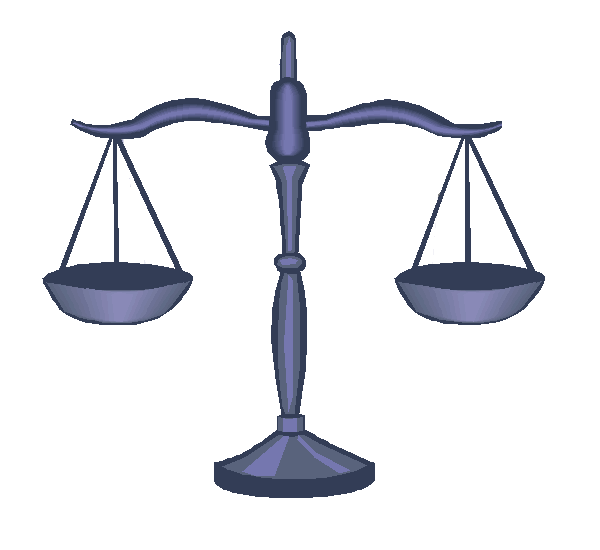|
We are all human and can all make mistakes, but the hardest thing to do
in this life is to admit it. History tells us that society does not condemn you for making a mistake, but it will never forgive
you if you try to cover it up. Parents are held responsible for their children's behaviour. Builders are held responsible
for the workmanship of their buildings. Doctors are held responsible for the health of their patients, and home owners are
held responsible for the safety of visitors on their property. Through all the disciplines of life we are all held accountable
for their mistakes.
That is all, except three; the government, the courts and the police department
are not responsible if a miscarriage of justice occurs. Each will check its own procedure and declare themselves above reproach
even though one or more of the departments could only have caused the miscarriage. The fault lies in the inability or desire
to implement a simple procedure: If they followed three simple guidelines we would have a progressive system that would evolve
with the changing society.
1. To acknowledge that a mistake has been made,
2. To identify that mistake,
3. To correct that mistake.
I envisage a committee that is comprised of senior officials from all three
departments, the parliament, the courts, and the police. The committee would also include representation from public organisations.
A side product of this forum would be the exchange of ideas and understanding that would go a long way in fostering an attitude
of conciliation. The public would be made aware of the difficulties of the police in solving crime, leading to more support
for new crime fighting methods while the police would have a better understanding of the fears of the community. The courts
would be able to explain their methods in determining sentencing and thereby avoiding the scorn of the people. While parliament
would have a deeper understanding of the will of the people and be able to frame legislation that would be acceptable to the
voters.
All of this hinges on responsibility.
It is my belief is that "responsibility should take precedence
over rights."
And that "your rights are somebody else's responsibility".
Wouldn't it be a breath of fresh air in the arbitration courts if
both the employers and the unions walked in and argued their case on their responsibilities instead of their rights?
I find that a lot of legislation is poorly thought through in the initial
stages of forming and then not scrutinised properly before being passed.
It is therefore important that we have a law review process that involves
those who are responsible for implementation and those affected by miscarriage of justice.
Not only would this process be applicable to law, police and the courts,
but also forms a model for a universal application in redressing a failure of justice in other bureaucracies where an existing
practice causes loss of justice to affected citizens. It may be necessary to have separate groups for each public policy portfolio.
By this process we have the means to "fast-track" our social and legislative
evolution.
We can no longer rely on the parliamentary process that relies on political
horse-trading, election cycle opportunism, and other petty mechanisms that are of no benefit to society at large.
Within a bureaucratic environment, change of internal policy can be implemented
immediately.
In a legislative application, this conciliation step does not replace the
parliamentary process, but "primes" the subject matter prior to parliamentary debate and vote. Therefore for and against arguments
for policy change have been argued without particular political ideals or objectives, and the parliamentary representative
may then debate and vote accordingly to their partys wishes.
So even at the highest level, we have shifted the focus to responsibility,
and not the parliamentary right to dither, pontificate and stalling of due process.
If an MP wishes to do to make a fool of themselves, it will be unambiguous.
...What for a change, you mean, John???
|





